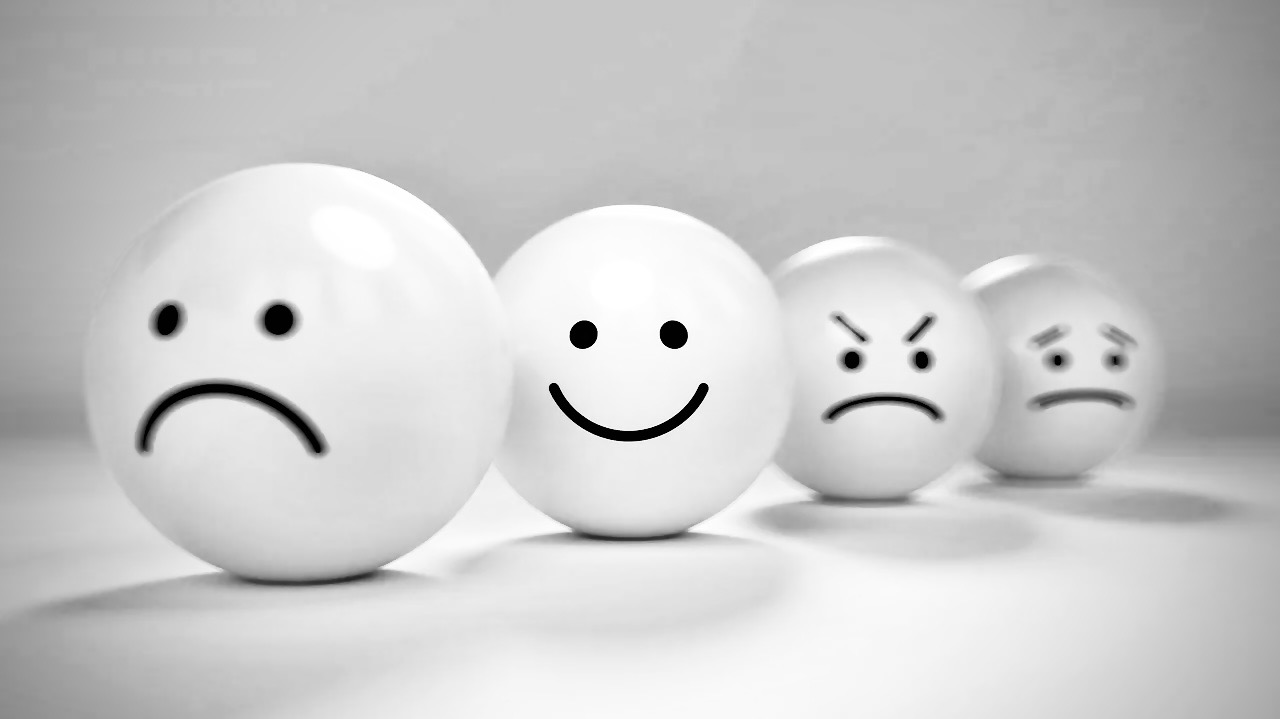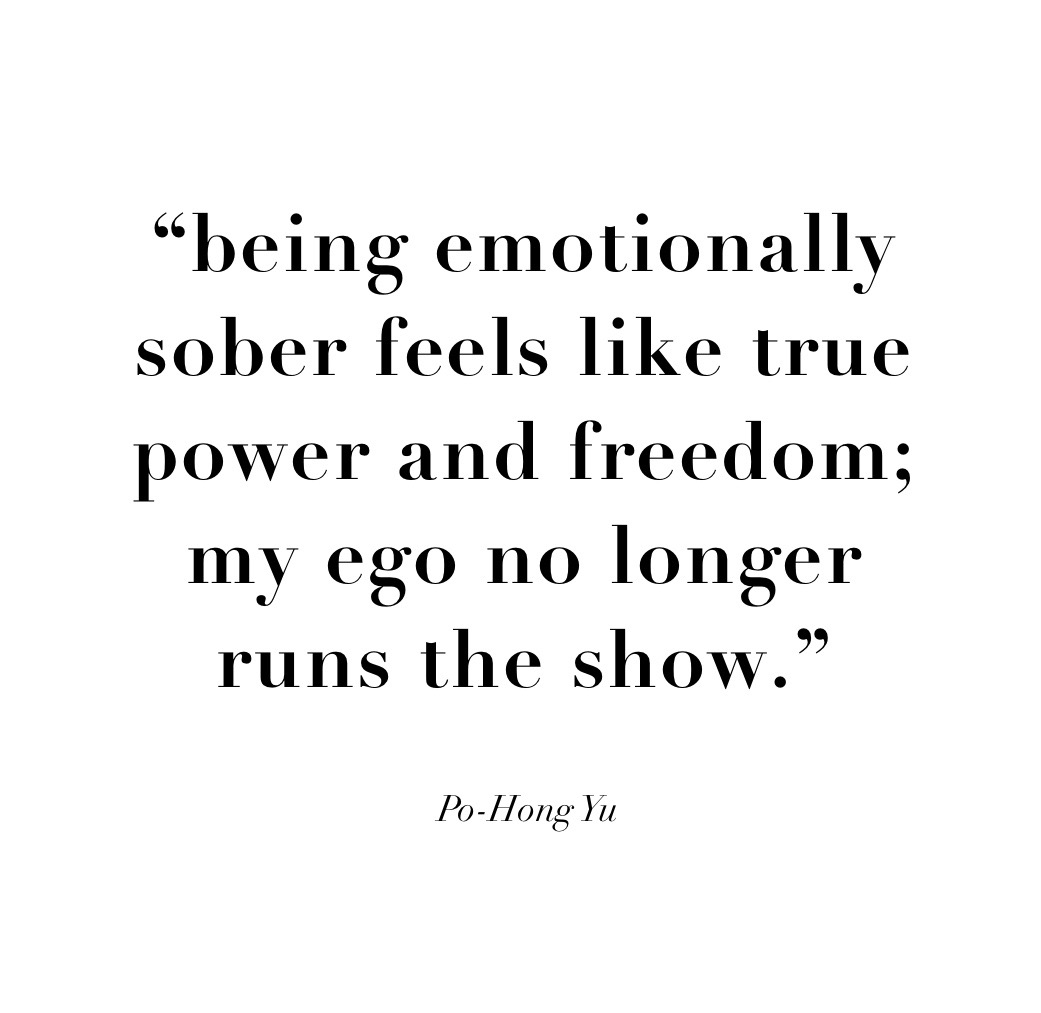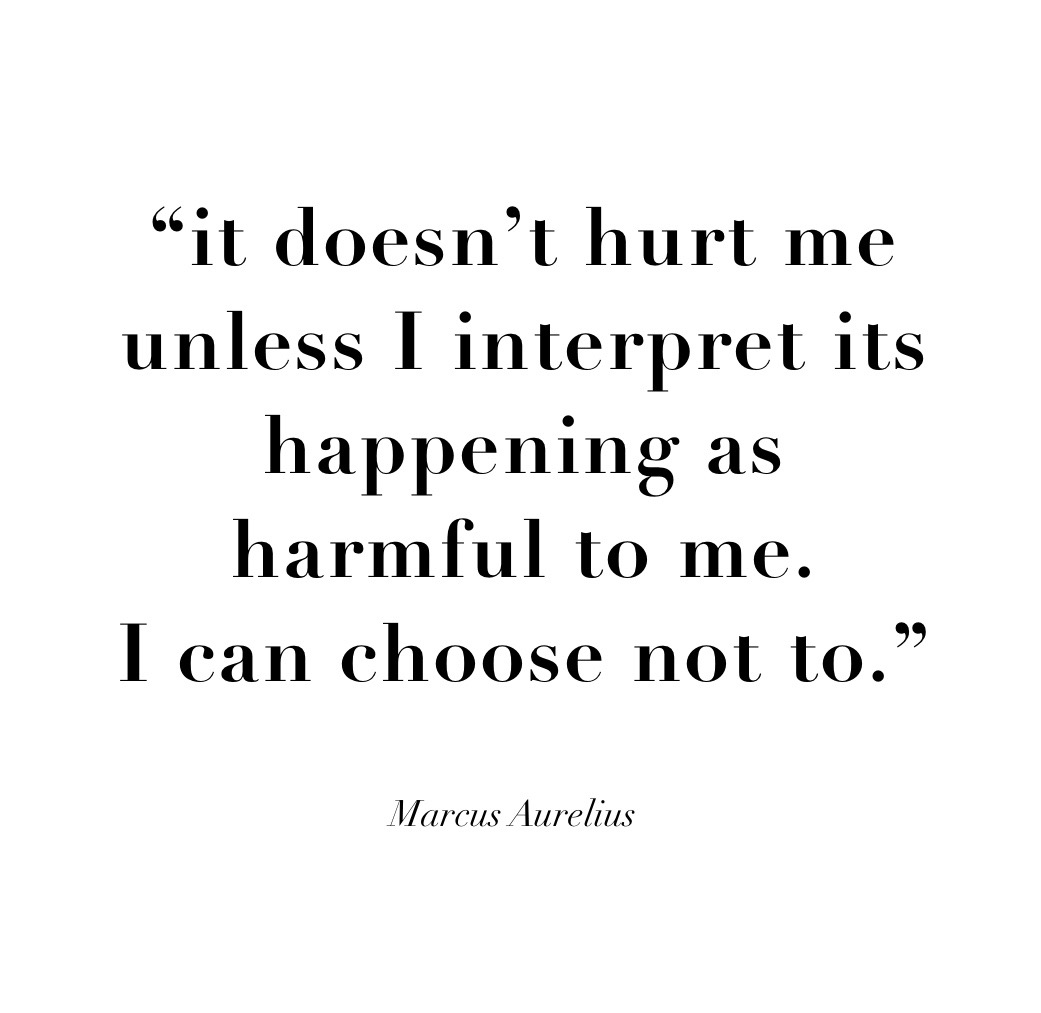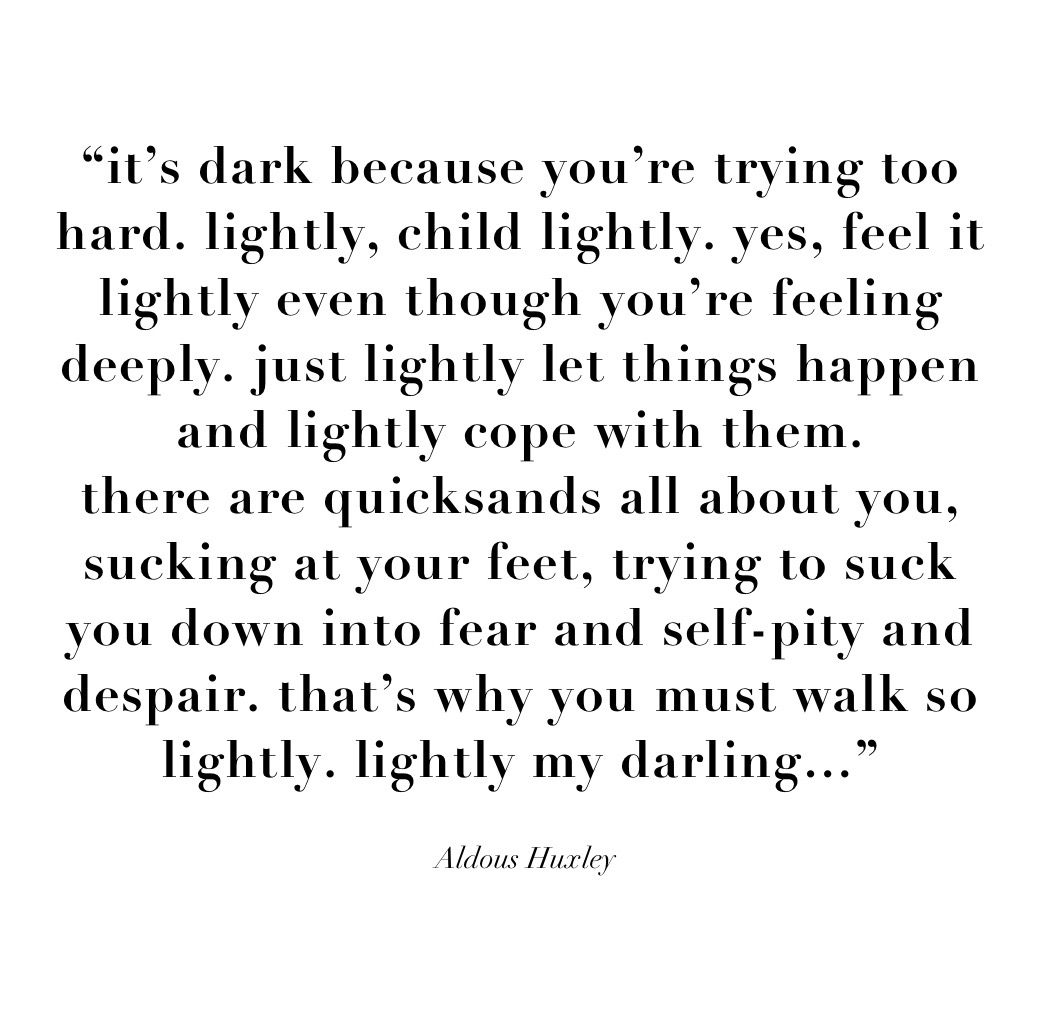
Vol. 8: Emotional Sobriety
Although coined by Bill W., co-founder of Alcoholics Anonymous, the term "emotional sobriety" applies to anyone with a sympathetic nervous system, regardless of whether you're afflicted with addiction.
Emotional sobriety is a body/mind phenomenon. It encompasses the ability to experience and talk about feelings alongside learning to live life in balanced ways so that both the mind and the body can live in harmony.
As we sober up emotionally, we expand our ability to tolerate what we're feeling, to live through fierce emotions without acting out or self-medicating.
We gain information from our feelings; we have them, feel them, think about, process, and move through them.

If you've found yourself lacking clear judgment, feeling volatile, or disregarding personal boundaries, and you're not physically intoxicated, you're likely suffering neurological dysregulation or “emotional drunkenness” (as I like to call it.)
Being emotionally intoxicated often appears in the knee-jerk adverse reactions we have to the people, places, and things that disturb us.
And, if you're an addict in recovery like me, regulating behavior tied to emotions is a crucial next step after becoming sober physically.
Back in 2014, when I quit drinking and drugging for the first time, my sobriety was limited to the physical aspect; I was what I heard referred to as a "dry drunk."
I wasn't using, but I'd yet to embrace my emotions without the help of substances like alcohol, pills, and pot.
Emotionally, I was a ticking time bomb.
According to renowned psychiatrist Dr. Akhil Anand, MD, "It [emotional intoxication while physically sober] can show itself in not embracing change, in not making improvements to one's self and even just being angry."
In substance abuse healing, "sober" means a person is living in a frame of mind and an emotional state that is even-keel and non-dramatic, which helps prevent relapses.
If you've ever had an addiction, you may agree that physical abstinence alone can be pretty challenging.
Even if physically sober, a state of emotional intoxication can feel just as dark and hopeless as being knee-walking drunk and often leads to an emotional rock bottom that pushes an addict in recovery to more profound work.
It took me almost a decade, but I finally understand that keeping my body free of mood-altering toxins is excellent, but the buck doesn't stop there; I can't let my mind get wasted.
Does that mean I'm failing if I don't feel "happy, joyous, and free" all the damn time?
Of course not. Like I said in a previous article, no one is perfect twenty-four-seven, especially not me.
However, I must always remain mindful of the emotions I am feeling.

The ability to step back from our emotions or feelings and perceive our role in the play of life allows us to see the big picture.
Author, life coach, and therapist Veronica Valli describes emotional sobriety like this:
"It's two things: feeling comfortable in your own skin and having appropriate emotional responses to events. Emotional sobriety is work that we all must do. Because nothing on the outside will make us feel happy, safe and fulfilled. It's an inside job. The core components of emotional sobriety are: boundaries and balance, changing limiting beliefs, dealing with resentments. These are life skills that we can learn anytime."
Energy Drunk
When anger crops up, which happens to me often, I must not buy into the story my mind creates around the angry emotion I am feeling.
Instead, I should be aware of my anger and realize that it's nothing more than little buzzing chemicals—adrenalin and cortisol—rushing through my body.
Next, I identify what part of my body is affected by the feeling I am experiencing:
Are my palms sweaty?
Do I have butterflies in my stomach?
Is my heart racing?
When I do this, I anchor my attention to the actual, physical feeling, not the story my mind makes up. Doing so puts a space between the stimulus triggering my anger and my reaction to it.
Within that space lies the power to choose and ultimately to create the life I want to live.
When we have emotional sobriety, our emotions aren't intoxicated, and we're meeting them with our presence, we can create the outcome we desire for our one wild and precious life.
That's the difference between courage and fear.
Being present with the emotion we're feeling allows us to consciously move forward by choosing to react in a way that aligns with our goals and our soul's purpose.
It's personal development for sober drunks.
Yet, everyone in the world benefits from personal development. Therefore, we all need to work on ourselves. But, most people don't know that, nor do they like to admit it.
So actually, being a drunk and a druggie, I am incredibly fortunate that I have got myself into situations that revealed to me that there is this whole new way of living.
Buddhist Parable Mom
Nevertheless, I remain gentle when I enforce the wisdom of the ages upon my son by passing on teachings that resonate with me now and likely would have when I was younger had I been privy to them.
I recently shared with him the Buddhist parable about the second arrow of suffering.
The Buddhists say that any time we suffer misfortune, two arrows fly our way. Being struck by an arrow is painful. Being hit by a second arrow is even more painful.
The Buddha explained, "In life, we can't always control the first arrow. However, the second arrow is optional."
The first arrow is an actual bad event, which can cause pain. But, the second arrow represents our reaction to the harmful event. It's how we choose to respond emotionally. It's the story our mind writes.
In other words, the stories we make up about our pain cause our suffering.
However, once we realize those stories are based only on memories of our past and anxieties about our future, we allow ourselves to drop the story and stay in the moment where only undeniable truth is present.
When my boy retorts that the ancient knowledge I've shared "makes him feel better," I gently remind him—myself too— that it's not about feeling better; it's about getting better at feeling!
Gotta Feel It To Heal It
My son is the epitome of big feelings, big energy-in-motion (i.e., how my dad describes "emotion") in a tiny package, although both his limbs and literacy seem to be growing at an alarming rate!
And, while my kid isn't a bonafide addict (yet—there is this looming predisposition), he shows signs of emotional instability more often than not.
You might say, "Hey, he's a kid, give him a break!"
But, I believe that "giving him a break" in this regard would be a terrible disservice to him.
How does the old saying go? "If I knew then what I know now.”
Yeah, that’s a good Kenny Rogers tune.

Post a comment